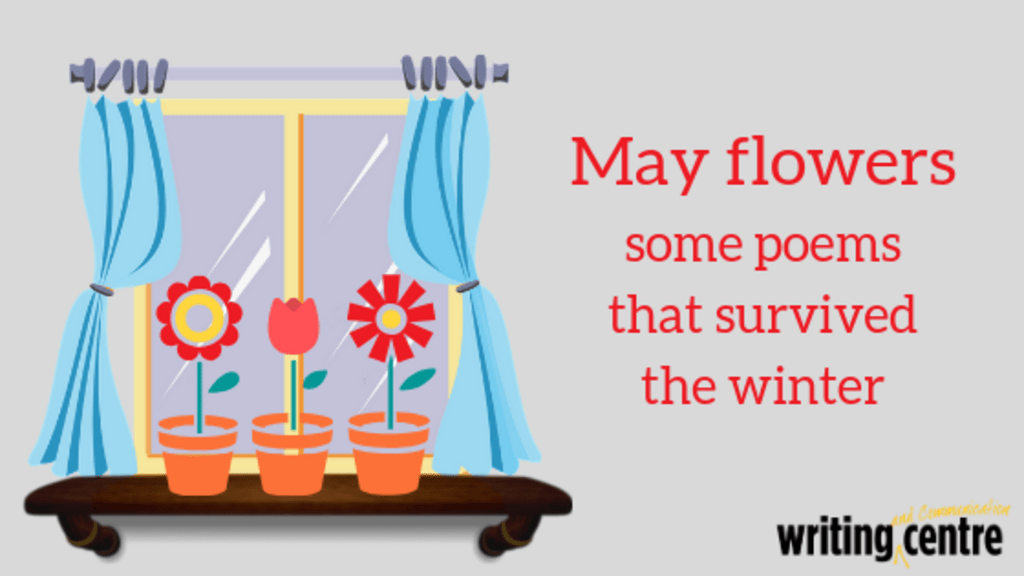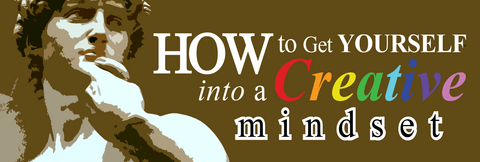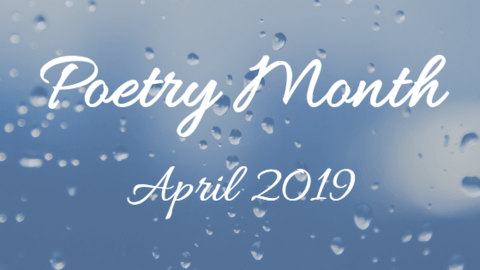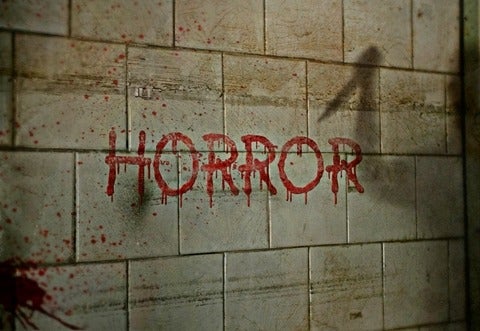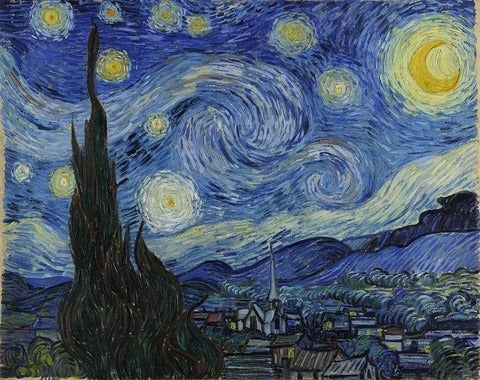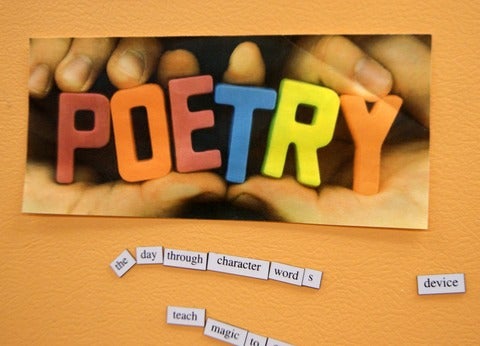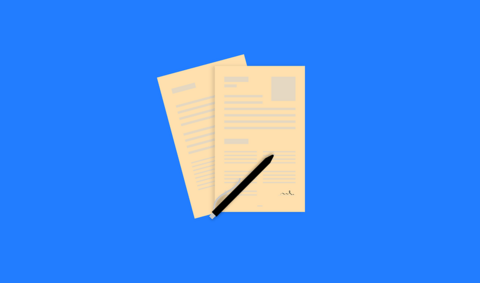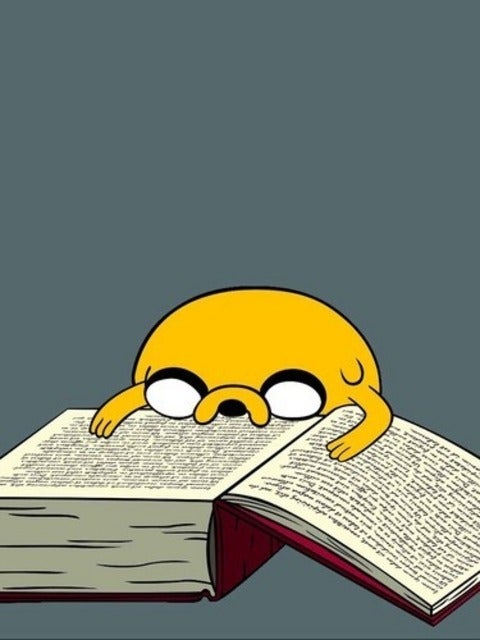May flowers: some poems that survived the winter
Spring is here. The birds are singing, the snow has melted, and flowers are poking up through the dirt, both where they are expected and where they are not. At the beginning of winter term, I wrote a blog post on freewriting with a focus on my notebook as an agent of the writing process. I’d like to come back to this general topic, but from a slightly different perspective: spring.
